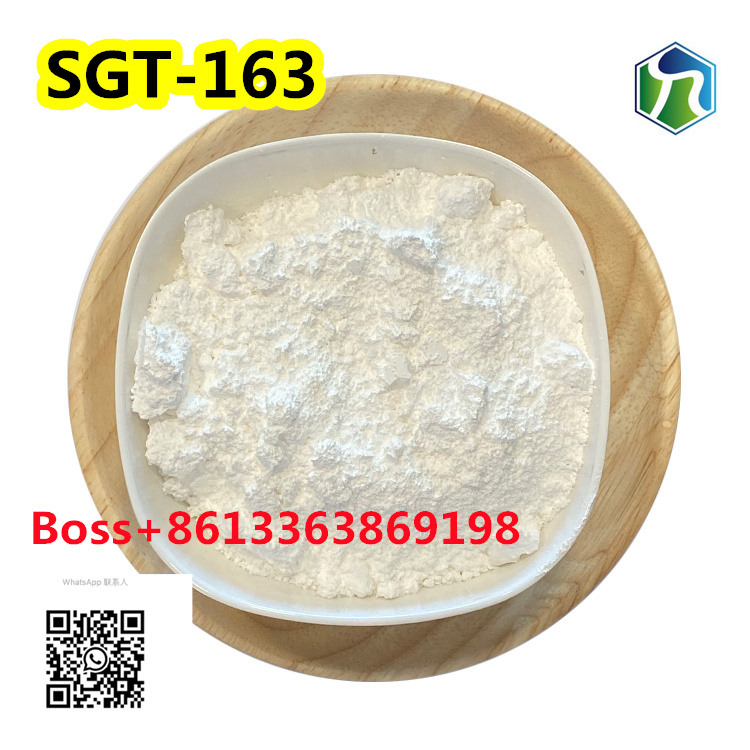
- +86-13363869198
- weimiaohb@126.com

Jul . 22, 2024 00:57 Back to list
Exploring the Use of GS-441524 for Treating FIP in Cats in China
GS-441524 A Hopeful Treatment for Feline Infectious Peritonitis (FIP)
Feline Infectious Peritonitis (FIP) is a severe and often fatal viral disease affecting cats, caused by the feline coronavirus (FCoV). The disease manifests primarily in two forms the wet (effusive) form, characterized by fluid accumulation in body cavities, and the dry (non-effusive) form, which involves granulomatous lesions in various organs. For decades, FIP was considered a death sentence for cats, with no effective treatment options available. However, in recent years, GS-441524, an antiviral drug, has emerged as a glimmer of hope for feline patients suffering from this disease.
GS-441524 A Hopeful Treatment for Feline Infectious Peritonitis (FIP)
Clinical studies and anecdotal evidence from cat owners have illustrated the remarkable potential of GS-441524. In many cases, cats diagnosed with FIP and treated with GS-441524 have shown significant clinical improvement, with a remarkable recovery in both clinical symptoms and quality of life. The treatment regime typically involves daily subcutaneous injections of the drug for a duration of 12 weeks, although the exact regimen may vary based on the individual case. The rapid response to treatment has fostered a sense of optimism among veterinarians and pet owners alike, as numerous cats have transitioned from terminal illnesses to enjoying a healthy life post-treatment.
china gs-441524 for cat fipv

Access to GS-441524 can be a challenge, especially as it is not widely available through traditional veterinary practices. In some regions, particularly in China and other countries, it has gained popularity as a black-market product, with various online sources offering it. This situation highlights the need for proper regulatory oversight and accessibility to ensure cat owners can safely and legally procure effective treatments for FIP.
Despite its success stories, it is essential to approach the use of GS-441524 with caution. While many cats respond well to treatment, not all will achieve the desired outcomes. Factors such as the stage of the disease, overall health of the cat, and specifics of the treatment regimen can significantly influence the effectiveness of GS-441524. Therefore, it is essential that treatment be overseen by a qualified veterinarian with experience in managing FIP to tailor the approach to each cat's unique condition.
Additionally, ongoing research and clinical trials continue to explore the long-term effects of GS-441524 and its role within the broader context of FIP treatment. As science progresses, there's hope for developing not only more effective drugs but also preventive strategies to reduce the incidence of FIP in the feline population.
In conclusion, GS-441524 serves as a beacon of hope for cats diagnosed with FIP. Its emergence has changed the landscape of FIP management, offering a viable treatment option that was once unavailable. As awareness grows and research continues, it is crucial to support initiatives that promote safe access to this medication and other innovative therapies for our feline companions. The fight against FIP is ongoing, but with treatments like GS-441524, there is renewed hope for cats and their families worldwide.
-
Top CAS: 79099-07-3 Factories & Wholesale Supplier from China
NewsJul.30,2025
-
High-Quality GS-441524 for White Liquid Type Factories & Suppliers
NewsJul.29,2025
-
High-Quality Pharmaceutical Intermediates for Sale – Reliable Supply
NewsJul.29,2025
-
High-Quality Pharmaceutical Intermediates for Sale - Reliable Solutions
NewsJul.29,2025
-
High-Quality Pharmaceutical Intermediates Supplier for Global Market
NewsJul.28,2025
-
GS-441524 for White Liquid Type Factories – High Purity & Reliable Supply
NewsJul.28,2025